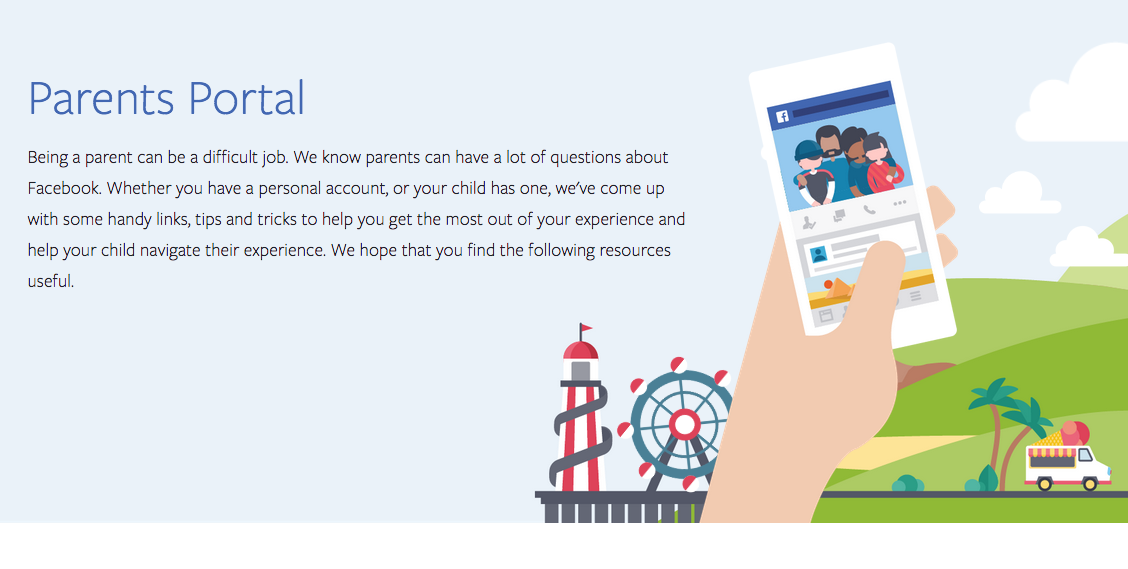Safer Internet Day has never been more important than it is today. Since the coronavirus (COVID-19) pandemic, people are relying even more on online technology. Due to lockdowns and high-level restrictions, children are spending more time at home and as a result, more time online. With the majority of schools shut across many countries, children are being schooled at home and many are not able to see friends and family in person. This makes keeping in touch online extra important to children.
Technology, especially now, can be a lifeline for parents too. You can ask for parenting advice in Facebook groups, get support on homeschooling or how to cope during lockdown and connect with friends and relatives who might live far away. It’s important to remember that parents shouldn’t be afraid of technology. Try to take the time to recognise that young people today use technology in a completely different way to adults, and that’s OK. It’s up to parents to spark the conversation with their child when it comes to their technology use, and their safety online.
If you’re worried about how your child is using technology, start a simple and open conversation. Facebook’s Parents Portal gives parents tips on starting online safety conversations with their children and access to expert online safety resources. You could begin by asking them what their favourite thing is to do online – perhaps it’s gaming, or talking to their friends, or sharing photos together. You could even talk about what you like to do online, and this way you’re sharing technology together – a great conversation starter! If there’s a service your child is using, and you have no idea how it works – ask them to show you. Children love to play teacher and this way you’re empowering them to show you how something works which is probably a nice novelty for them!
If you’re concerned about something your child is doing online, try and find the safety tools together. Do they know where the report button is? Do they know how to block someone? Have you told your child that they can always come to you, or an adult they trust if they ever see something online that makes them upset or feel uncomfortable? Often children don’t go to their parents if something worries them online as they believe they know more about technology than the adults in their lives. However, if you start from the same place, and have a conversation together, you’re showing your child that you can help solve problems together. It all starts with a conversation, and by opening up the communication channels with your child early on in their digital life, it will help you to continue those conversations as your child grows.
Advertisement
If you need support, Get Digital is Facebook’s latest digital citizenship and wellbeing program that provides research-informed lessons, tips and resources to help young people develop the skills they need to navigate and thrive in today’s complex digital world. Understanding digital literacy can help our children stay safe online while empowering them to positively influence their communities. Designed in partnership with experts, these resources are for use by educators and families both in the classroom and at home.
Facebook is committed to the safety and well-being of everyone online and we regularly share tools, tips, and resources to help keep people safe and give them more control over their experience online. Our priority is to empower people, young and old, to make digitally safe decisions and give them the information they need to navigate an increasingly digital world. This commitment has never been more important as young people spend more time on their devices during the current pandemic.
For more information and resources please visit www.facebook.com/fbgetdigital and our Safety Centre.
Advertisement
Views expressed by contributors are strictly personal and not of TheCable.







